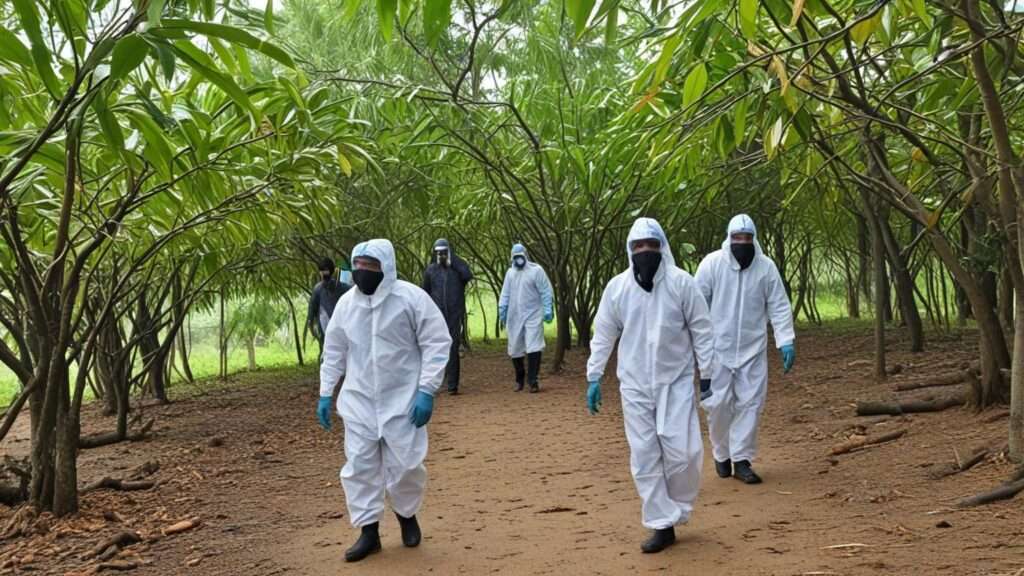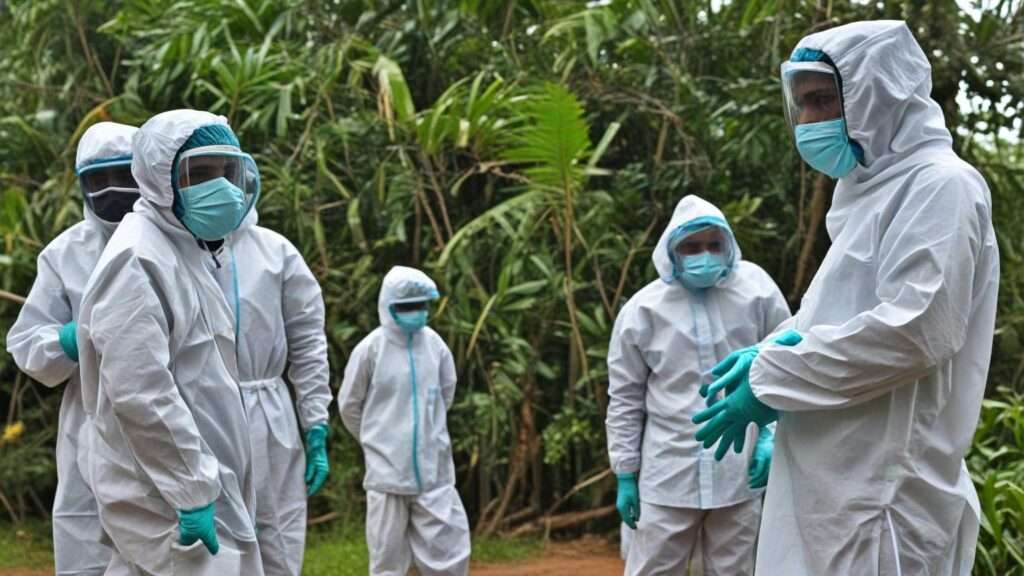The state of Kerala is once again facing the threat of the deadly Nipah virus as a 14-year-old boy, under treatment for the virus, succumbed to the illness at the Kozhikode Medical College Hospital (MCH). This tragic incident has heightened concerns and prompted immediate action from health authorities. Here is a comprehensive overview of the current situation, necessary health precautions, and the government’s response. Read More Articles
Current Situation in Kerala
The recent Nipah virus outbreak in Kerala has stirred fear and concern among the residents. The death of the 14-year-old boy marks a critical point in the ongoing battle against this zoonotic virus, which has previously resulted in significant fatalities. Health officials are diligently working to contain the virus and ensure the safety of the populace.

Background on Nipah Virus
Nipah virus is a zoonotic pathogen, meaning it can be transmitted from animals to humans. First identified during an outbreak in Malaysia in 1998-1999, the virus causes severe respiratory issues and encephalitis, leading to high mortality rates. Bats, particularly fruit bats of the Pteropodidae family, are the natural hosts of the Nipah virus.
Transmission and Symptoms
Nipah virus transmission occurs through direct contact with infected animals, contaminated food, or human-to-human transmission. Symptoms include fever, headache, drowsiness, respiratory issues, and neurological symptoms such as confusion and seizures.
Health Precautions and Safety Measures
In light of the recent outbreak, health authorities in Kerala have implemented stringent measures to prevent the spread of the virus. These include isolating confirmed and suspected cases, conducting extensive contact tracing, and increasing public awareness about the virus and its symptoms.
Preventive Measures for the Public
The public is urged to follow these preventive measures to reduce the risk of Nipah virus infection:
- Avoid contact with sick individuals and animals, especially bats and pigs.
- Practice good hygiene, including frequent hand washing with soap and water.
- Avoid consumption of raw date palm sap and other fruits that may be contaminated with bat saliva or urine.
- Seek immediate medical attention if experiencing symptoms associated with Nipah virus infection.
Role of Healthcare Workers
Healthcare workers are at the frontline of managing the Nipah virus outbreak. They are provided with adequate personal protective equipment (PPE) and training to handle Nipah cases safely. Hospitals are equipped with isolation wards to treat and manage infected patients.
Government Response and Support
The Kerala state government, along with central health agencies, is actively involved in controlling the Nipah virus outbreak. Measures include:

Surveillance and Monitoring
Enhanced surveillance and monitoring systems have been put in place to detect and respond to new cases promptly. This involves tracking potential contacts of confirmed cases and conducting community health screenings.
Public Awareness Campaigns
To educate the public about the Nipah virus, the government has launched extensive awareness campaigns. These campaigns aim to inform people about the symptoms, transmission methods, and preventive measures.

Conclusion
The death of a 14-year-old boy in Kozhikode MCH due to Nipah virus is a stark reminder of the virus’s deadly potential. The combined efforts of health authorities, healthcare workers, and the public are crucial in combating this outbreak. Adhering to safety measures and staying informed can significantly reduce the risk of further infections and fatalities.
Please Stay Connect with us at SkillSphare.com

Digila, a dedicated content writer and editor with over three years of experience, supports the managing editor with daily content updates and ensures our publication adheres to its content calendar.

